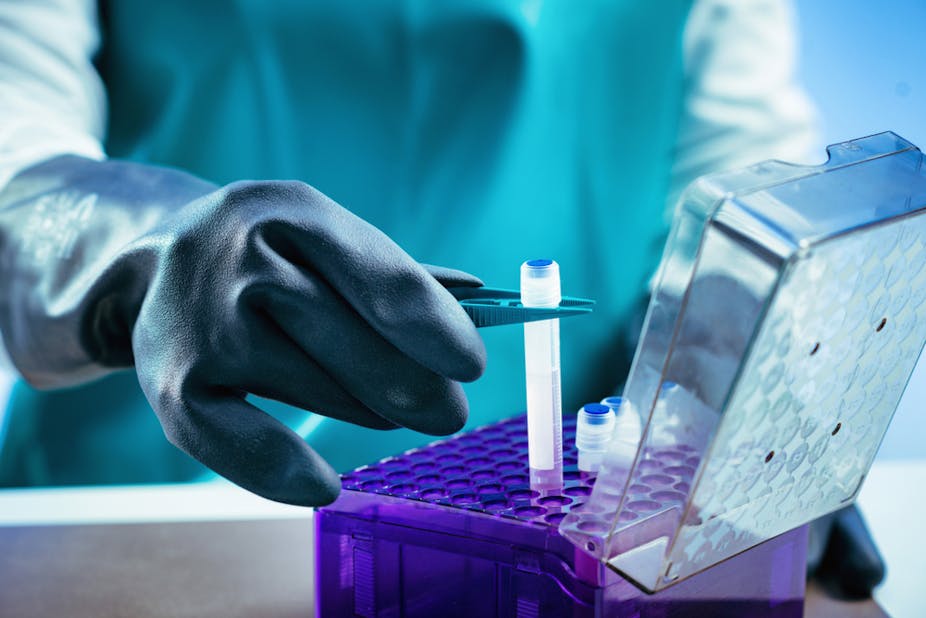A biobank is a type of biorepository in which biological samples, usually of human origin, are stored for testing purposes. Biobanks are an important resource for medical research as they support many modern forms of research.
The samples and data available in the biobank can also be used by many different researchers for different studies. This is very important because many researchers struggled to get samples before biobanks existed. You can get more information about the biobank via https://www.geneticistinc.com/blog/what-is-a-biobank

Image Source: Google
Although many issues such as data protection, medical ethics, and analysis ethics have been discussed, a consensus is reached that the operation of biobanks must respect the guidelines and principles for the protection of communities participating in their programs.
The term "biobank" can be described as "an organized collection of human biological materials and related information stored for one or more research purposes".
While a collection of bioassays from other living organisms may also be referred to as a biobank, many prefer to use the term only for human biological samples.
Biobanks can be classified according to their purpose or design. Both the terms "biobank" and "biorepository" are used synonymously. In the United States, the National Cancer Institute considers a bio-repository as a place or organization that stores biological samples. Biobanks can be classified according to different approaches, such as:
-Population-based biobank
-Hospital or academic biobank
-Disease-oriented biobank
-Non-profit organization or trading company